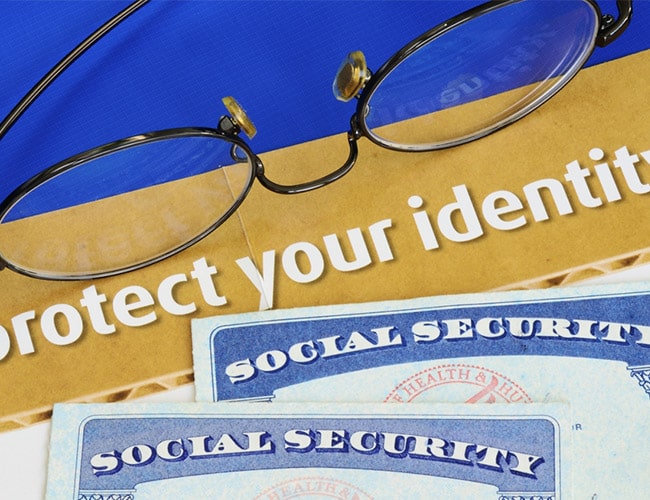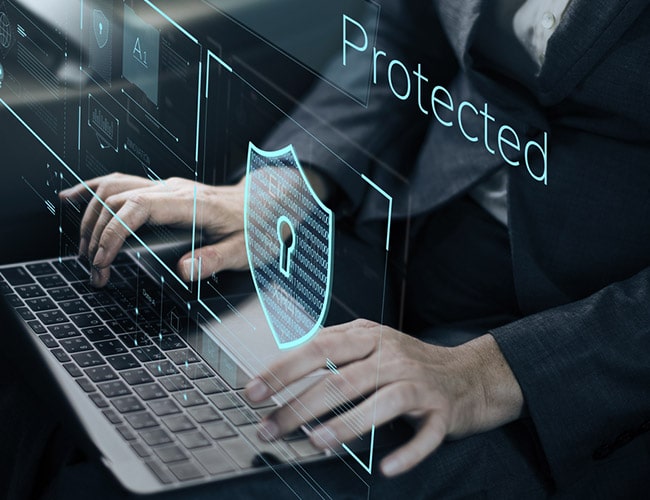Consumer Information

Identity Theft
Identity theft is the deliberate use of someone else’s identity, usually as a method to gain a financial advantage or obtain credit and other benefits in the other person’s name, and perhaps to the other person’s disadvantage or loss.
Downloadable PDFAvoid Identity Theft
Identity Theft

Avoid Fraud
In law, fraud is deliberate deception to secure unfair or unlawful gain, or to deprive a victim of a legal right. Fraud itself can be a civil wrong, a criminal wrong, or it may cause no loss of money, property or legal right but still be an element of another civil or criminal wrong.
Downloadable PDF10 Things You Can Do To Avoid Fraud

FinCen – CTR Reference Guide
A currency transaction report (CTR) is a report that U.S. financial institutions are required to file with FinCEN for each deposit, withdrawal, exchange of currency, or other payment or transfer, by, through, or to the financial institution which involves a transaction in currency of more than $10,000.
Downloadable PDFCTR Reference Guide

Phishing Scams
Phishing is the fraudulent attempt to obtain sensitive information such as usernames, passwords and credit card details by disguising as a trustworthy entity in an electronic communication.

How to Keep Your Personal Information Secure
Protecting your personal information can help reduce your risk of identity theft. There are four main ways to do it: know who you share information with; store and dispose of your personal information securely, especially your Social Security number; ask questions before deciding to share your personal information; and maintain appropriate security on your computers and other electronic devices.

Computer Security
Computer security, cybersecurity or information technology security is the protection of computer systems from theft or damage to their hardware, software or electronic data, as well as from disruption or misdirection of the services they provide.
For more information: Please check out Federal Trade Commission Federal Trade Commission
Spam
When not referring to the tasty potted meat product, spam is unsolicited junk email sent indiscriminately in bulk, often for commercial purposes. Much of it is sent by botnets, networks of virus-infected computers, complicating the process of tracking down the spammers.
Downloadable PDFImposter Scams
Tech Support Scams
IRS Imposter Scams





